Knowledge processes are to involve the defining and equipping “core” instruments that the participants describe as “practical methods and tools.”
For knowledge partnerships, Caritas Africa expects national entities to “encourage and support the formation of knowledge partnerships or strengthen them where they are existing.”
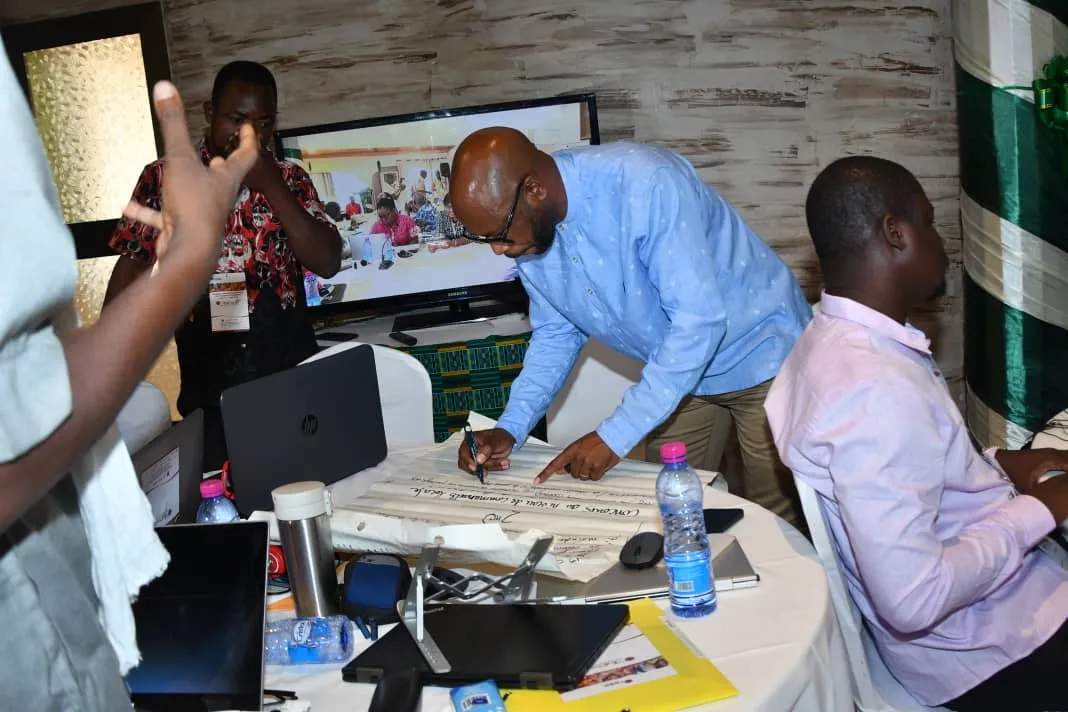 Credit: Caritas Africa
Credit: Caritas Africa
The participants in the KM4Change conference say in their declaration, “Knowledge Partnerships are aiming to strengthen knowledge among key stakeholders in a thematic area, and support mutual trust, knowledge sharing and collaboration.”
In her closing remarks at the conclusion of KM4Change conference on June 15, Caritas Africa Regional Executive Secretary, Lucy Esipila, lauded the initiative for a Knowledge Management strategy, which she said “is clearly aligned to our strategic plan.”
(Story continues below)
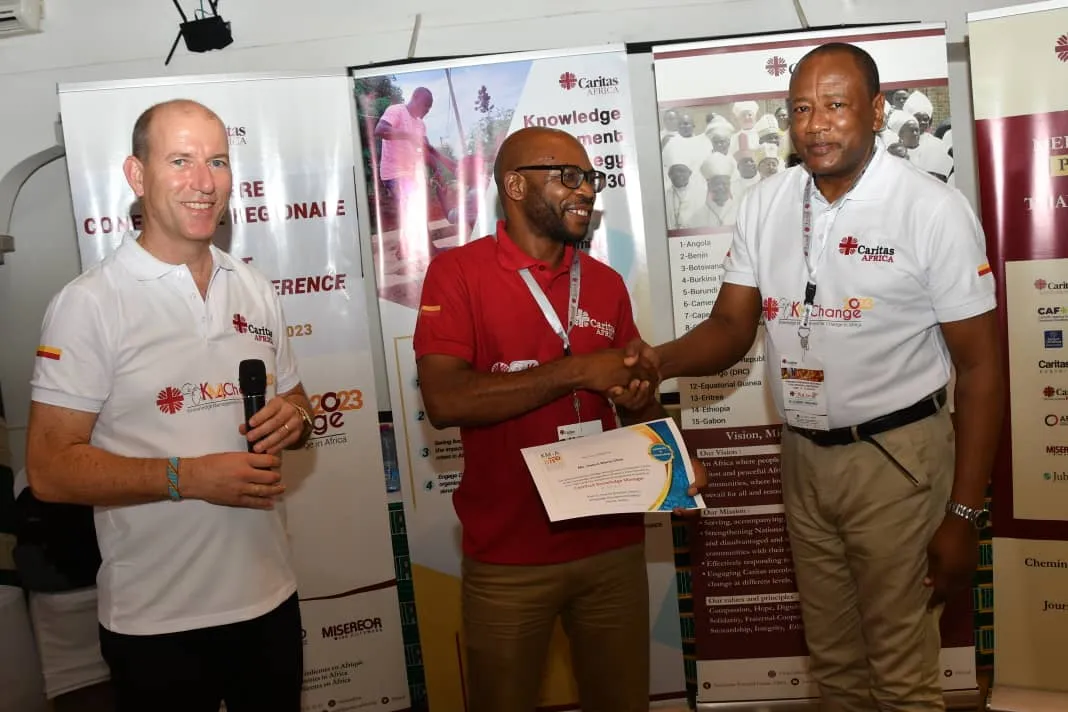 Credit: Caritas Africa
Credit: Caritas Africa
“This is a step in the right direction,” Ms. Esipila said, and added, “As the President of Caritas always says all our activities must be aligned to our strategic plan and through the lens of localization.”
She continued, “Such workshops are invaluable as they help us reflect on the key activities in our operational plan.”
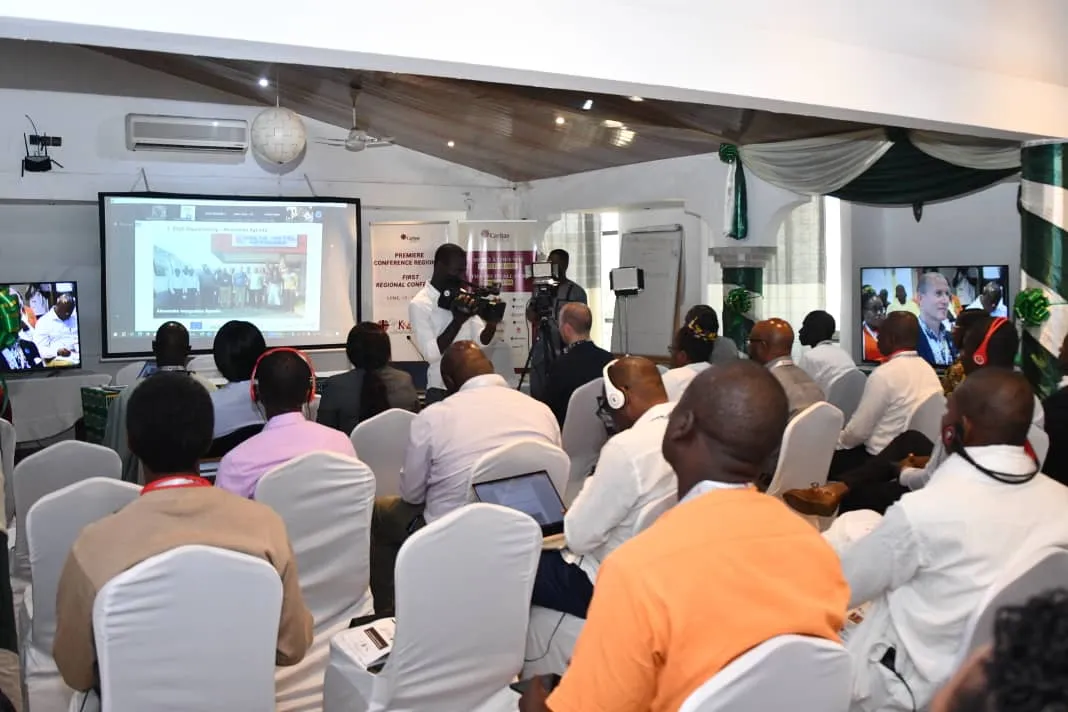 Credit: Caritas Africa
Credit: Caritas Africa
“It is indeed important for us to create time for reflecting on how we can organize, create, use, and share collective knowledge within an organization,” the Nairobi-based Caritas official said.
Ms. Esipila who first joined Caritas in 2012 at Kenya’s Catholic Diocese of Maralal as an assistant Livelihoods Programs Officer further said, “Our challenge now is to see how we maintain information in a place where it is easy to access.”
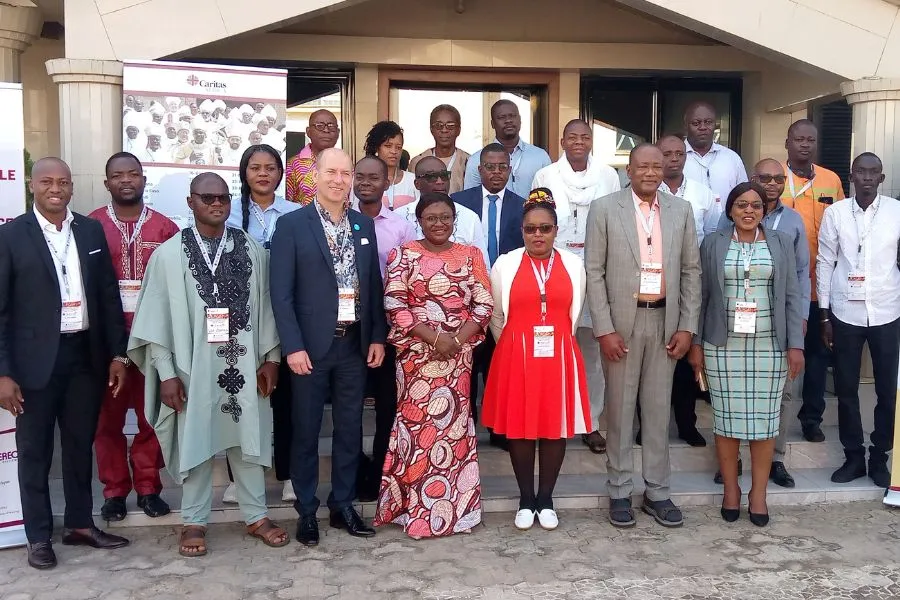 Credit: Caritas Africa
Credit: Caritas Africa
The conference, according to the declaration, was the culmination of four months of work focused on the training of 25 Caritas people from 17 countries tasked with developing Caritas strategies in their respective countries.
The 17 countries include, Benin, Burkina-Faso, Burundi, Comoros, Congo, Côte d Ivoire, Ghana, Guinea Bissau, Mali, Madagascar, Mozambique, Niger, DR Congo, Senegal, Chad, Togo and Zambia.
Jude Atemanke is a Cameroonian journalist with a passion for Catholic Church communication. He holds a Bachelor’s Degree in Journalism and Mass Communication from the University of Buea in Cameroon. Currently, Jude serves as a journalist for ACI Africa.
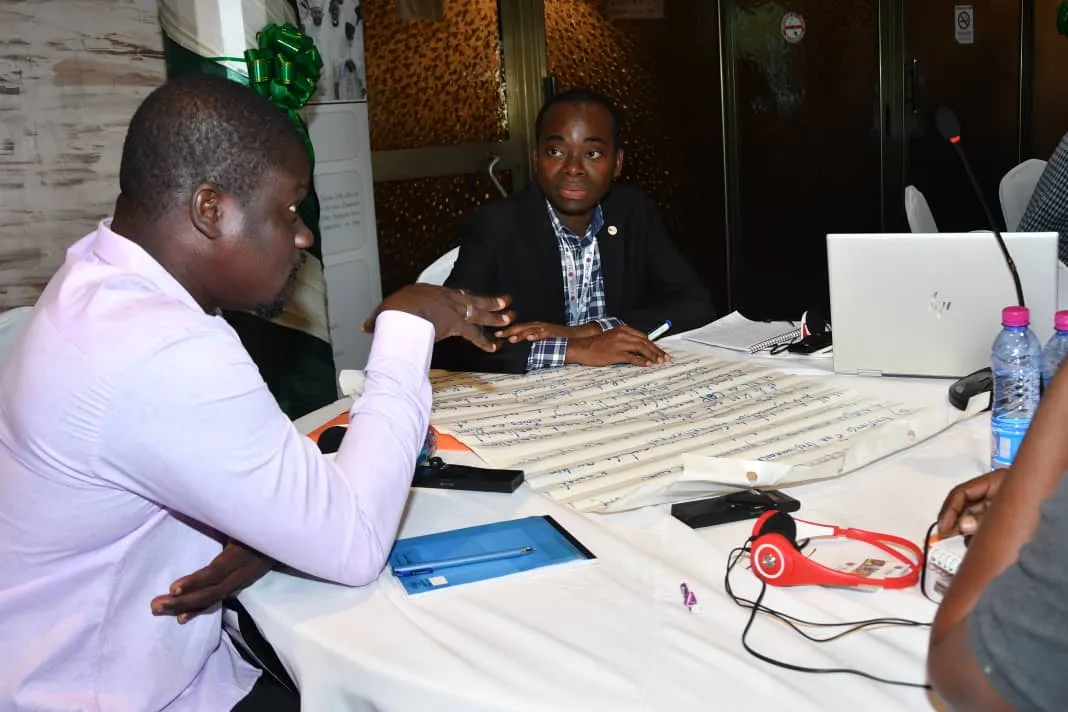 Credit: Caritas Africa
Credit: Caritas Africa


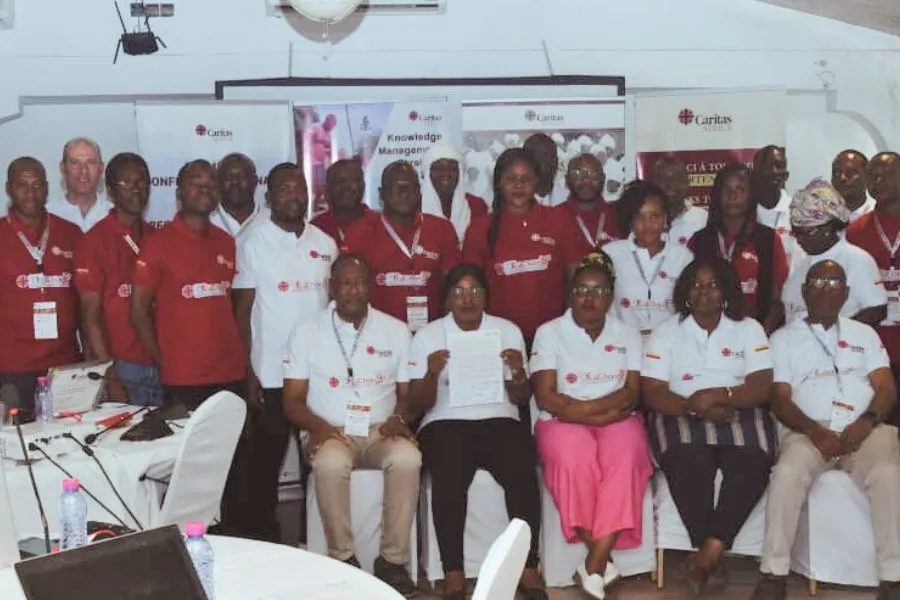
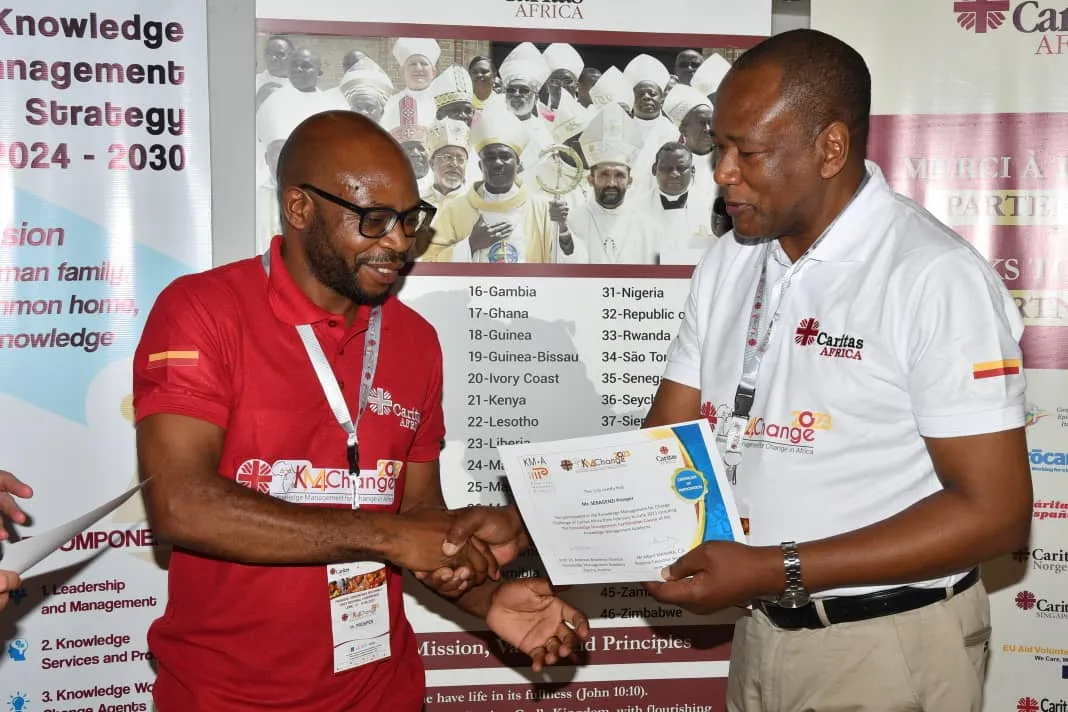 Credit: Caritas Africa
Credit: Caritas Africa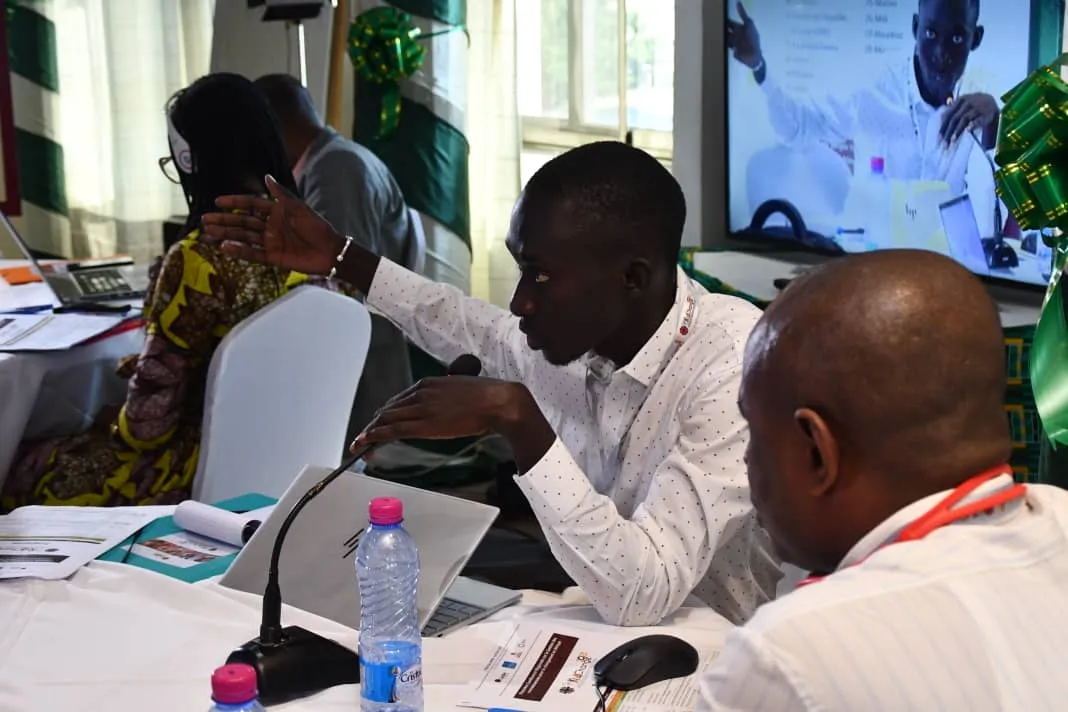 Credit: Caritas Africa
Credit: Caritas Africa
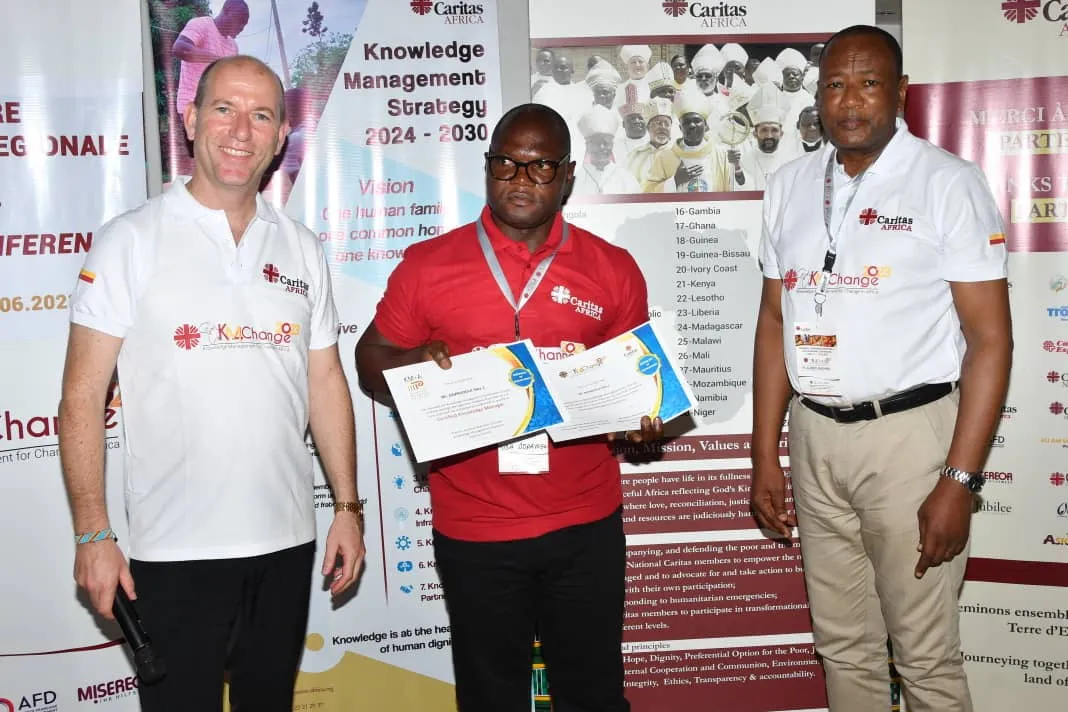 Credit: Caritas Africa
Credit: Caritas Africa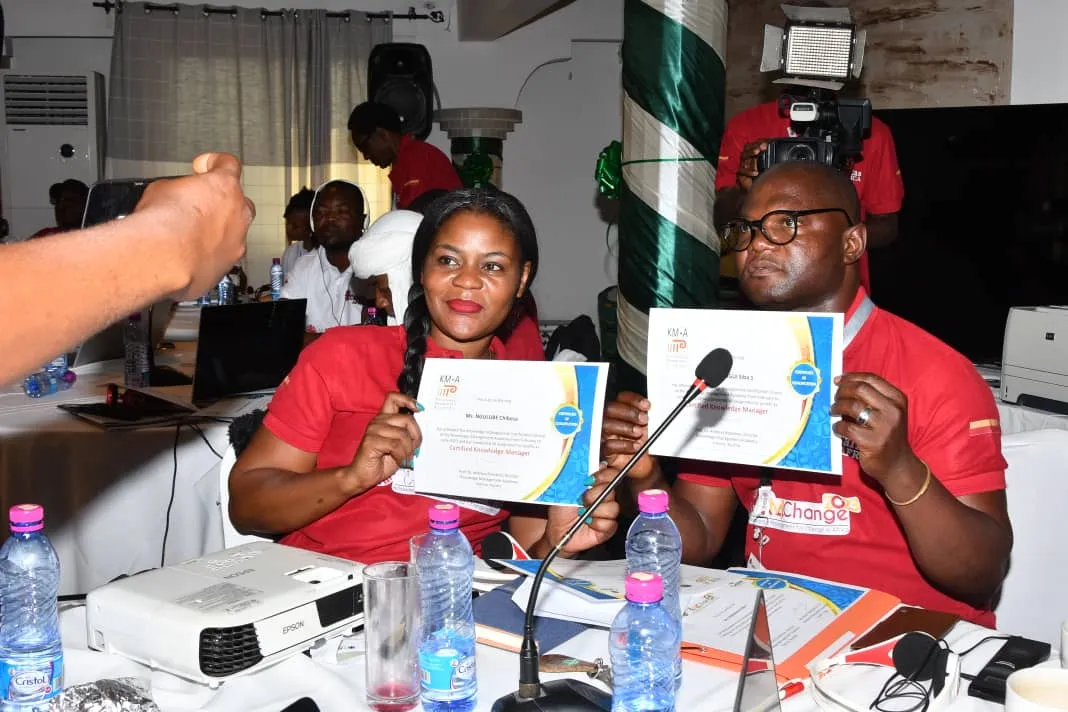 Credit: Caritas Africa
Credit: Caritas Africa Credit: Caritas Africa
Credit: Caritas Africa Credit: Caritas Africa
Credit: Caritas Africa Credit: Caritas Africa
Credit: Caritas Africa Credit: Caritas Africa
Credit: Caritas Africa


